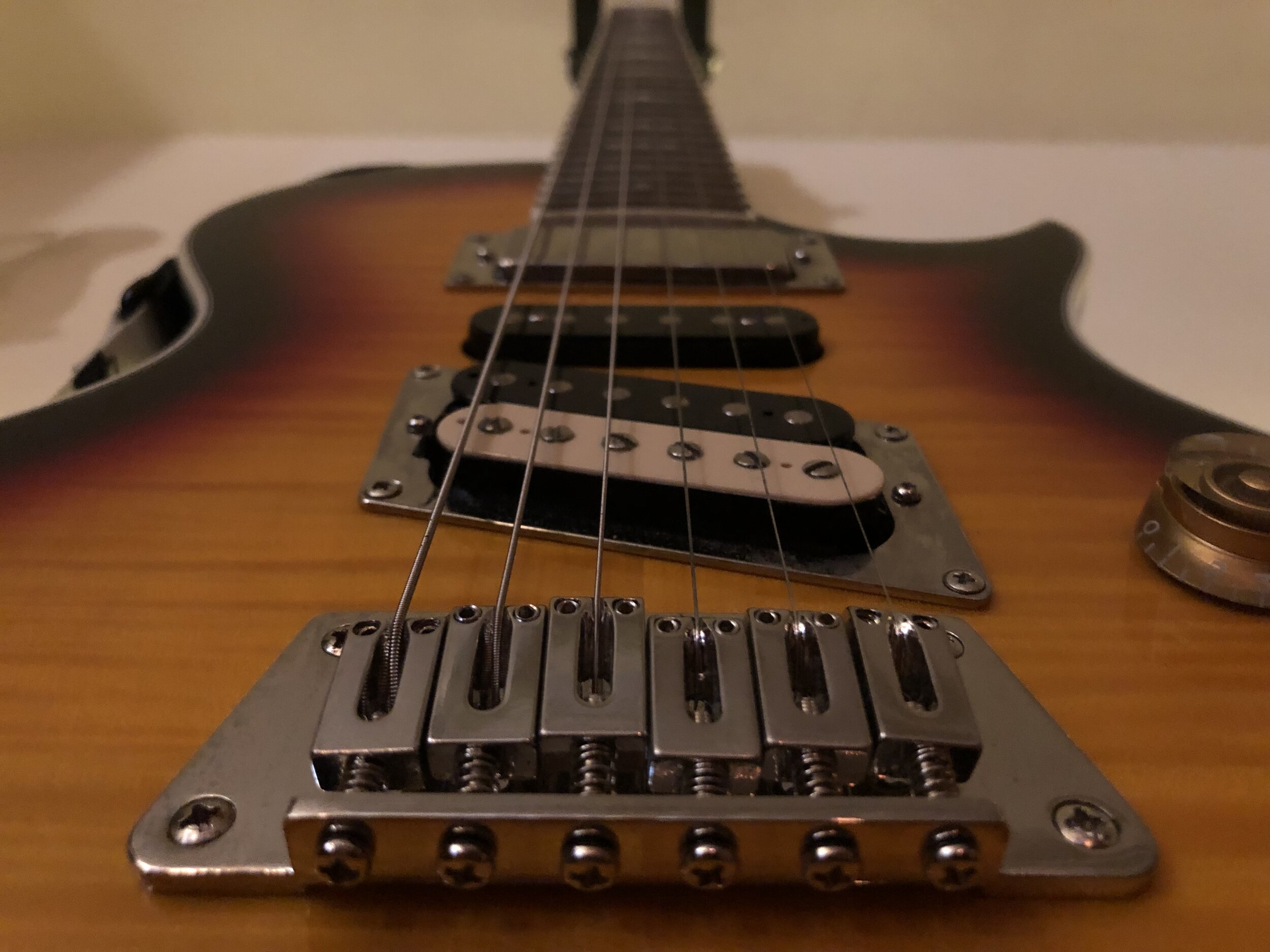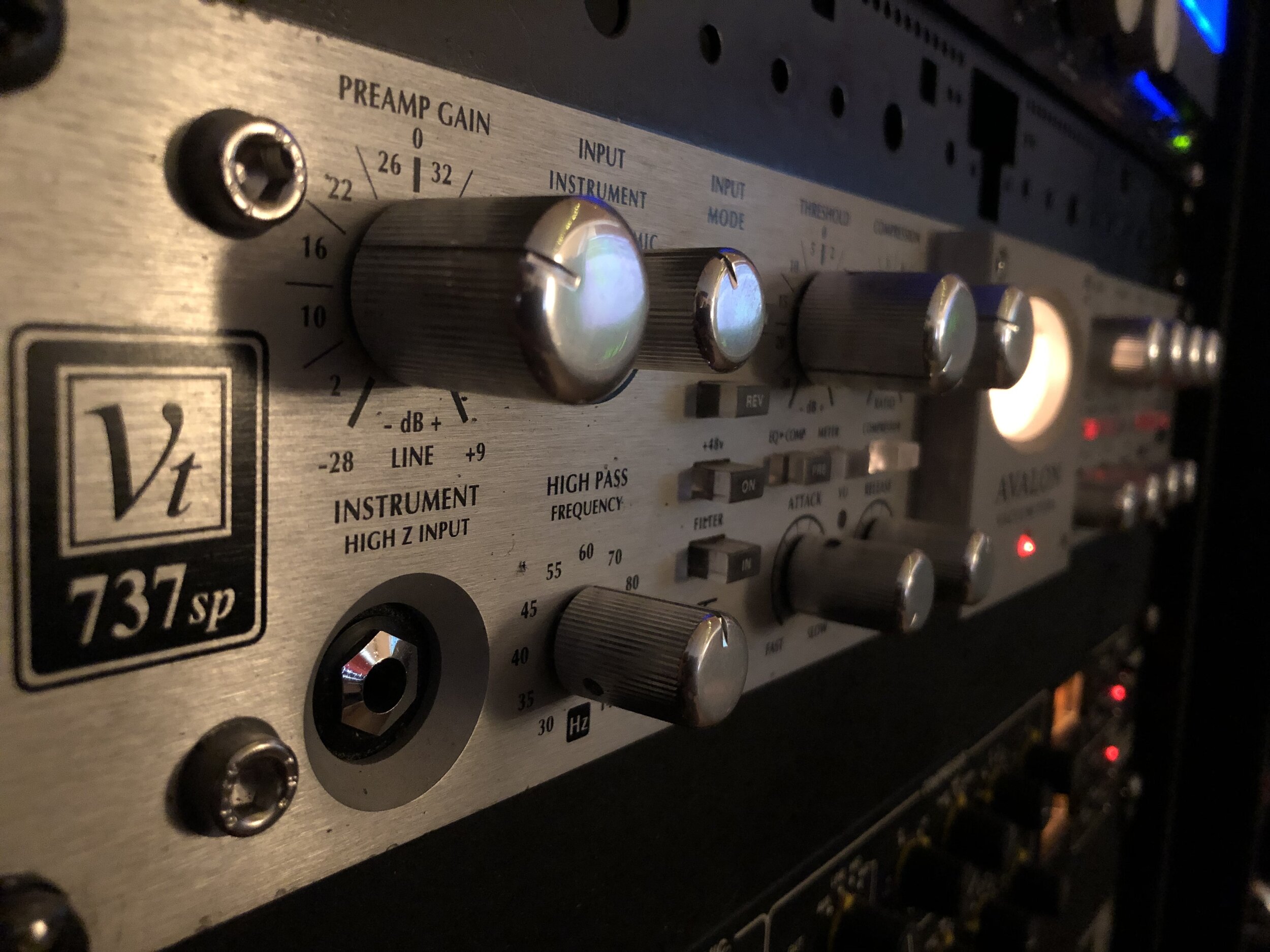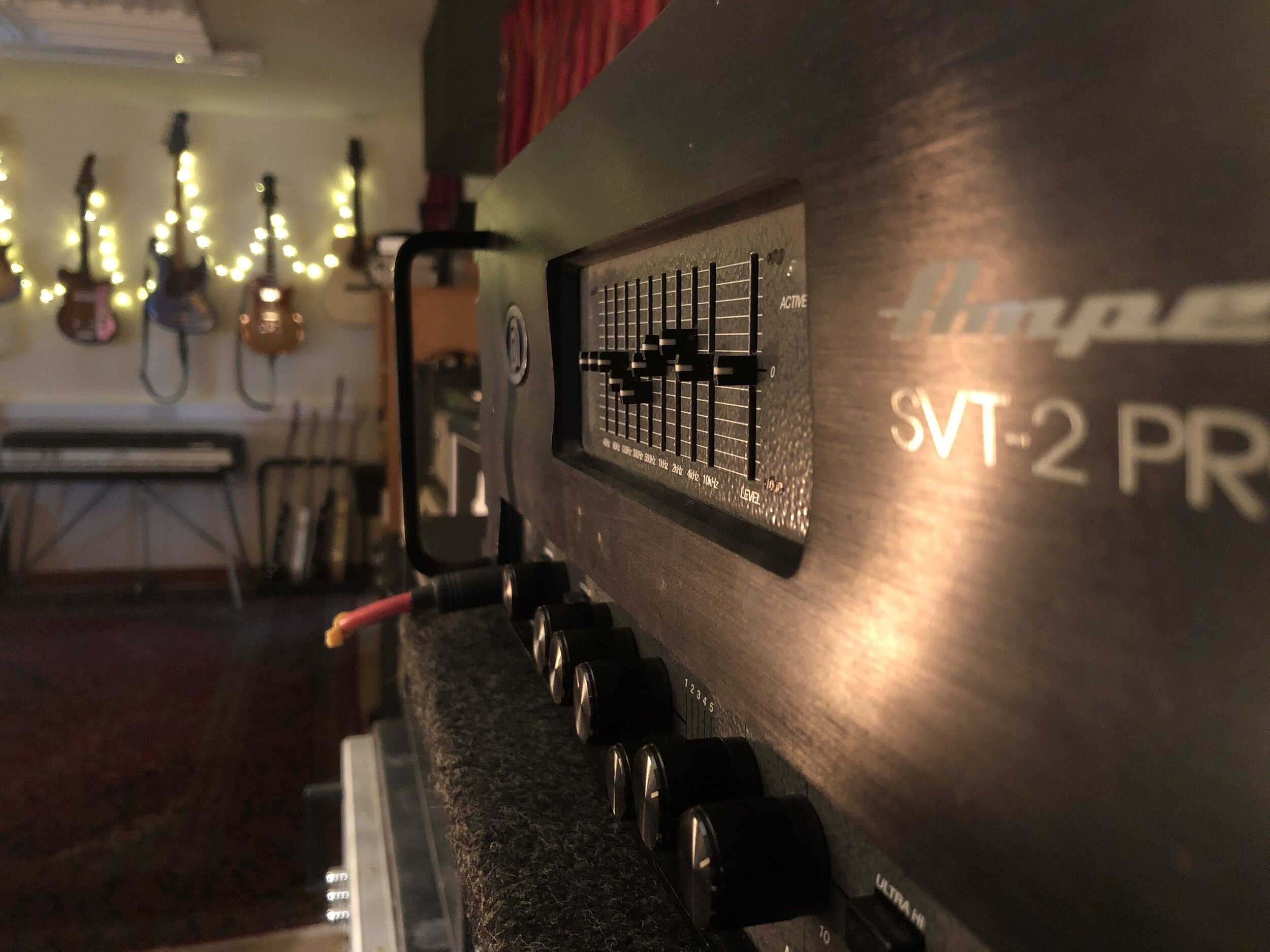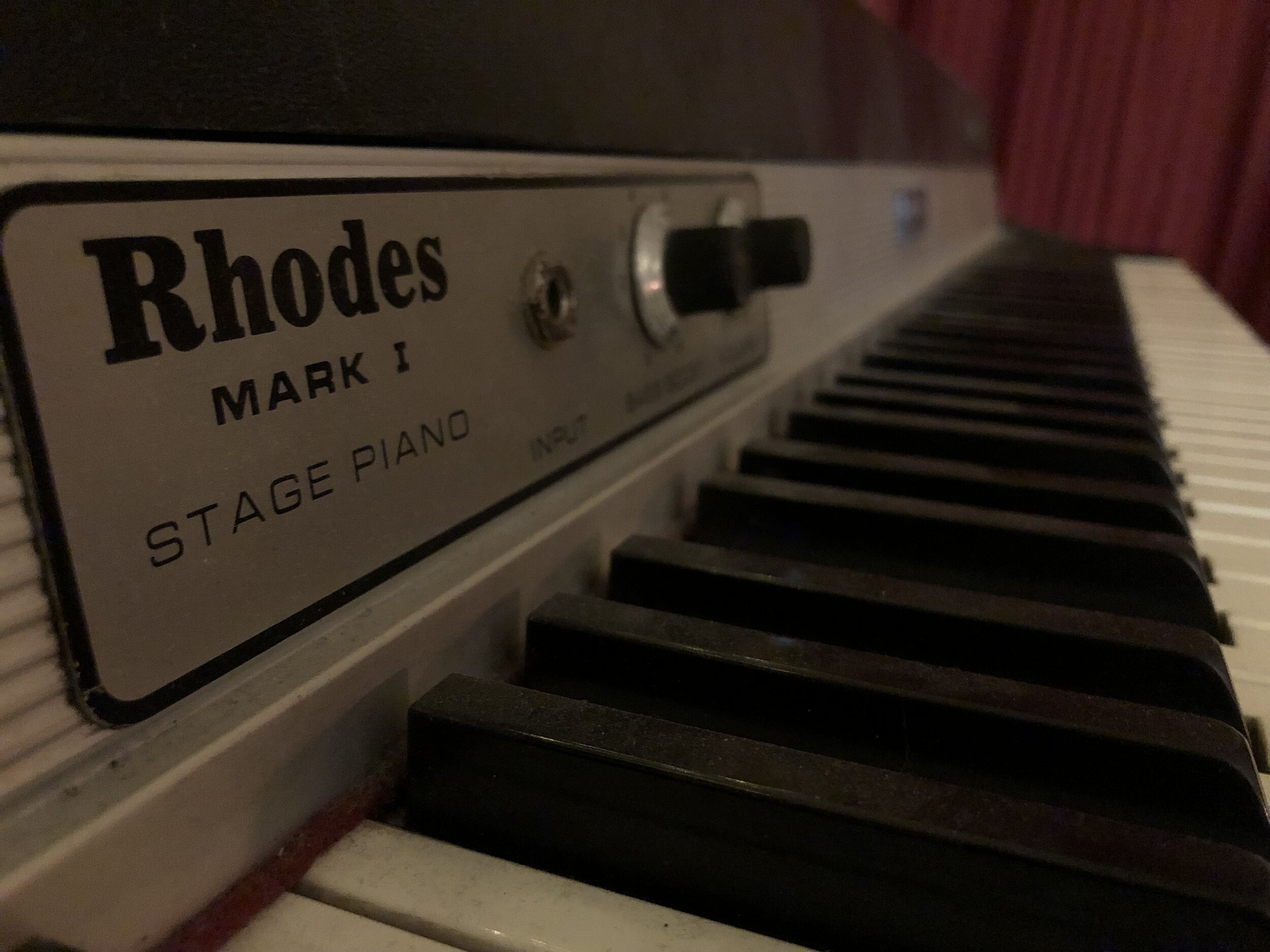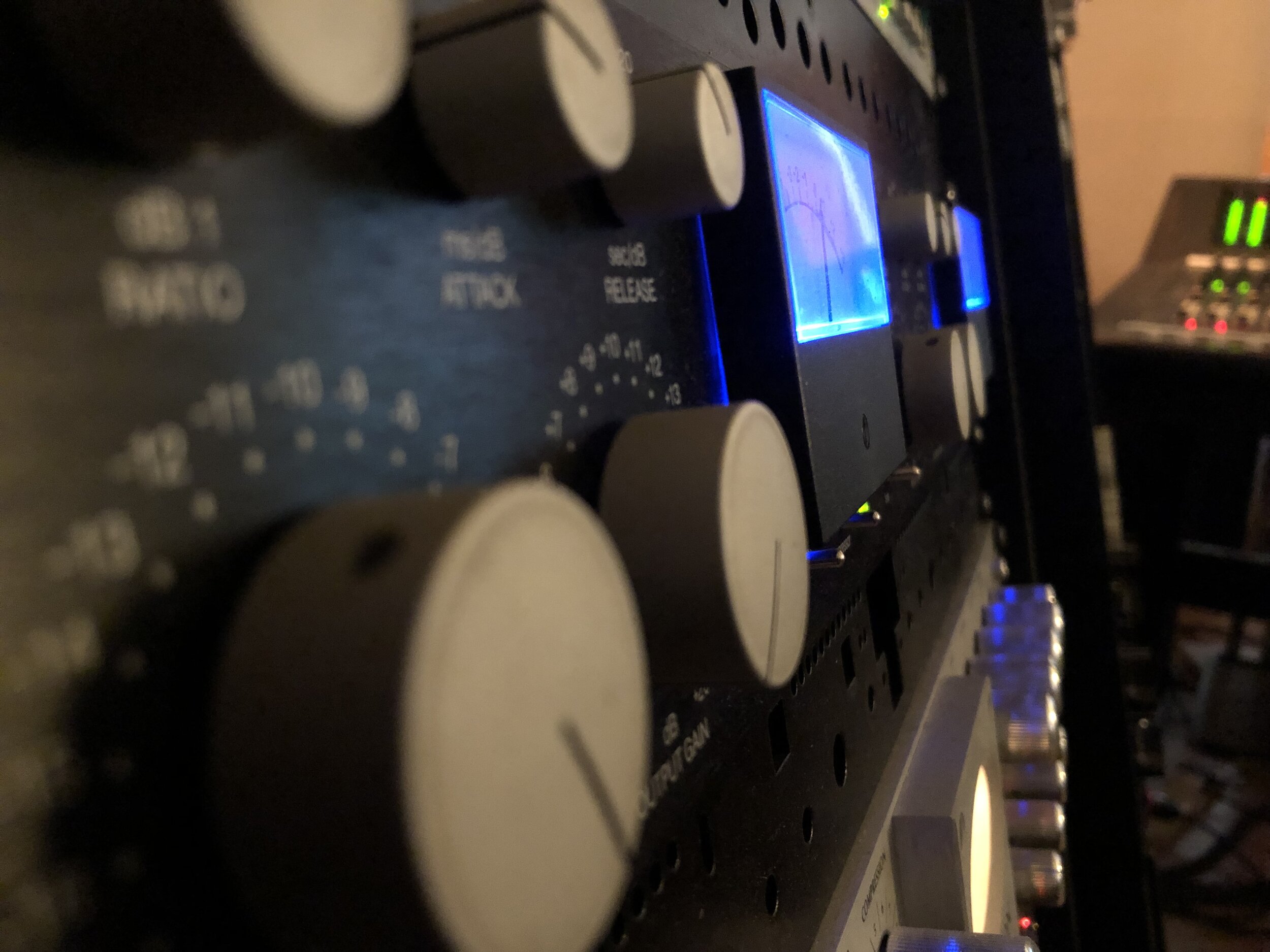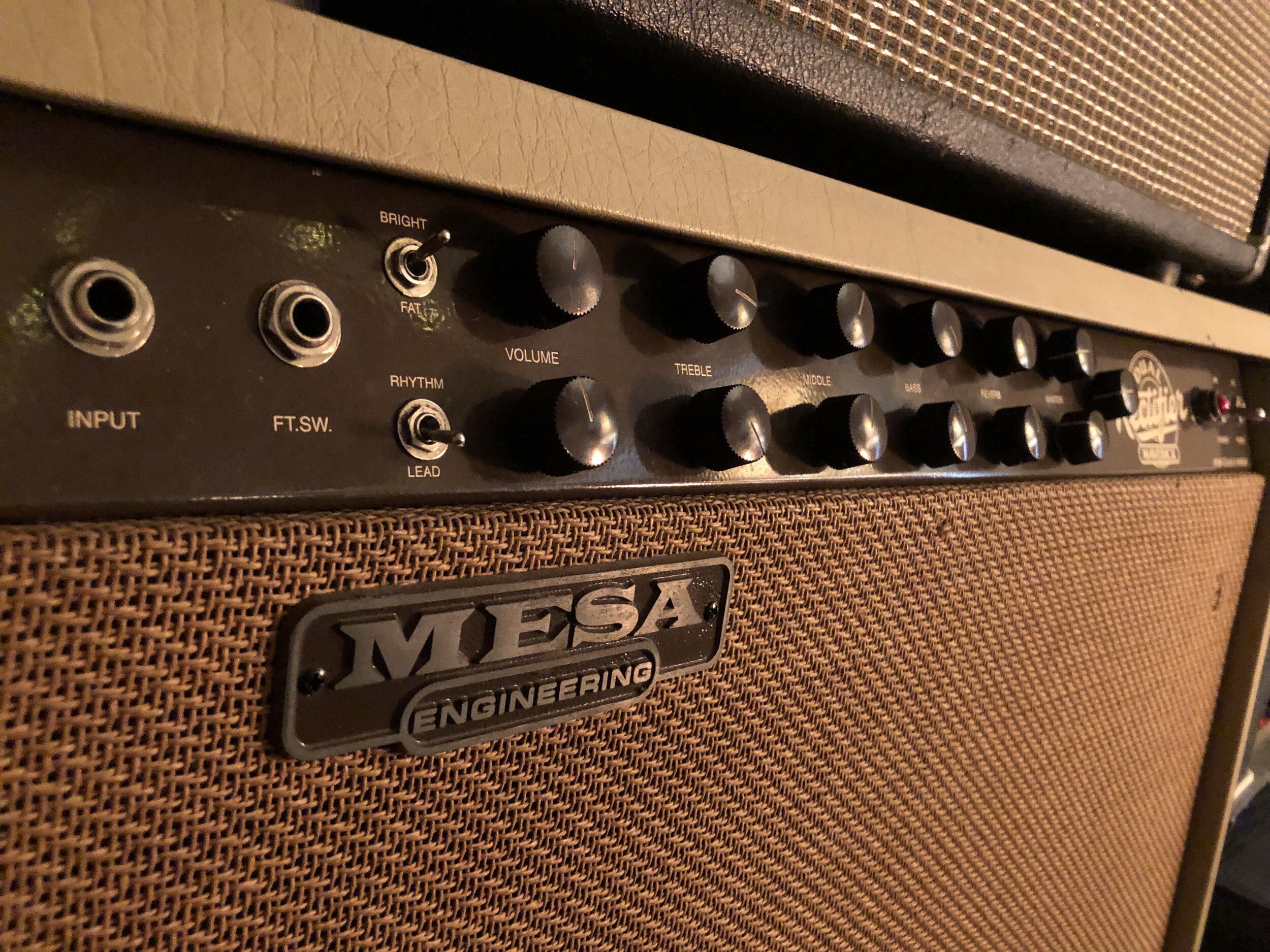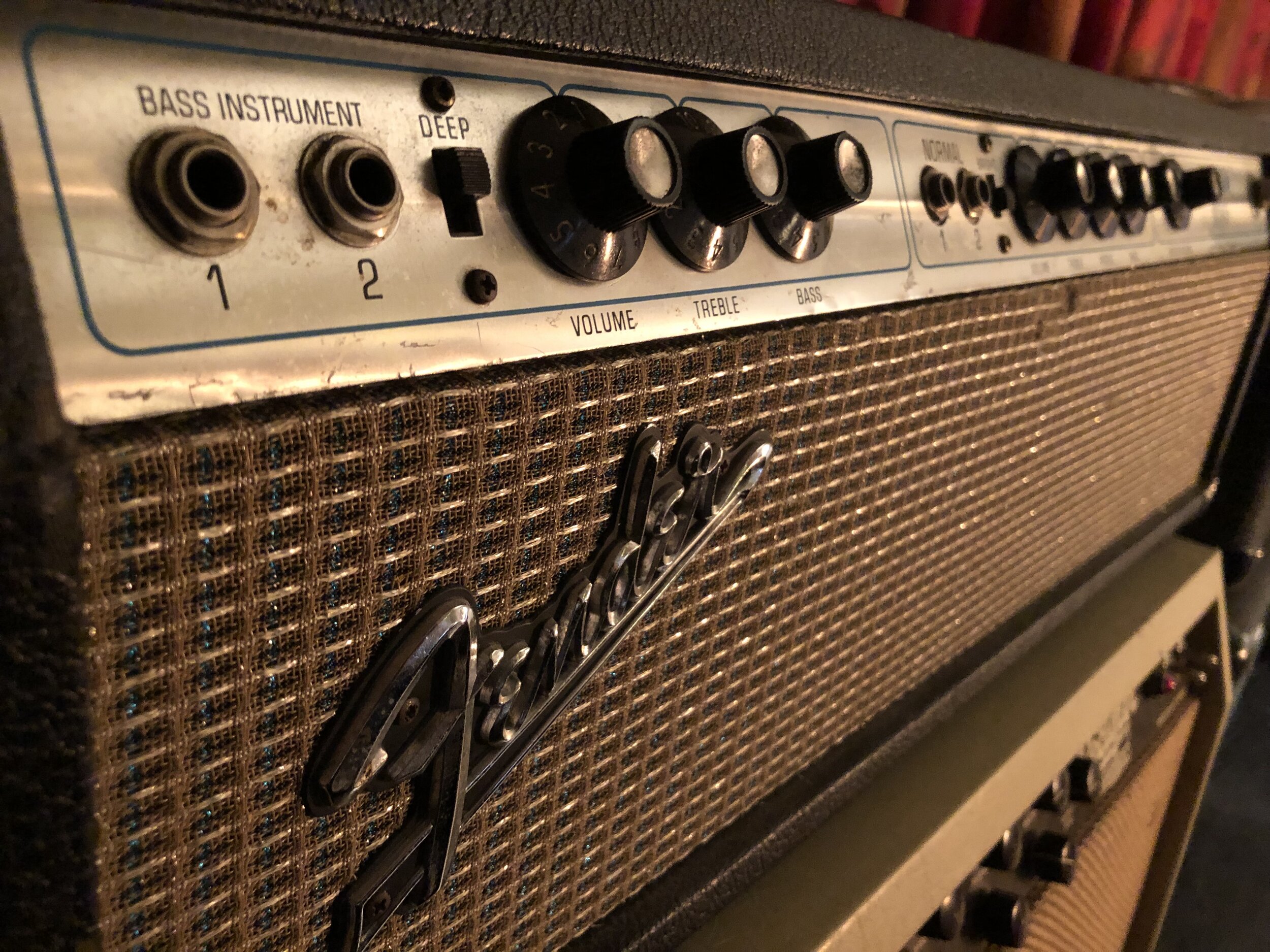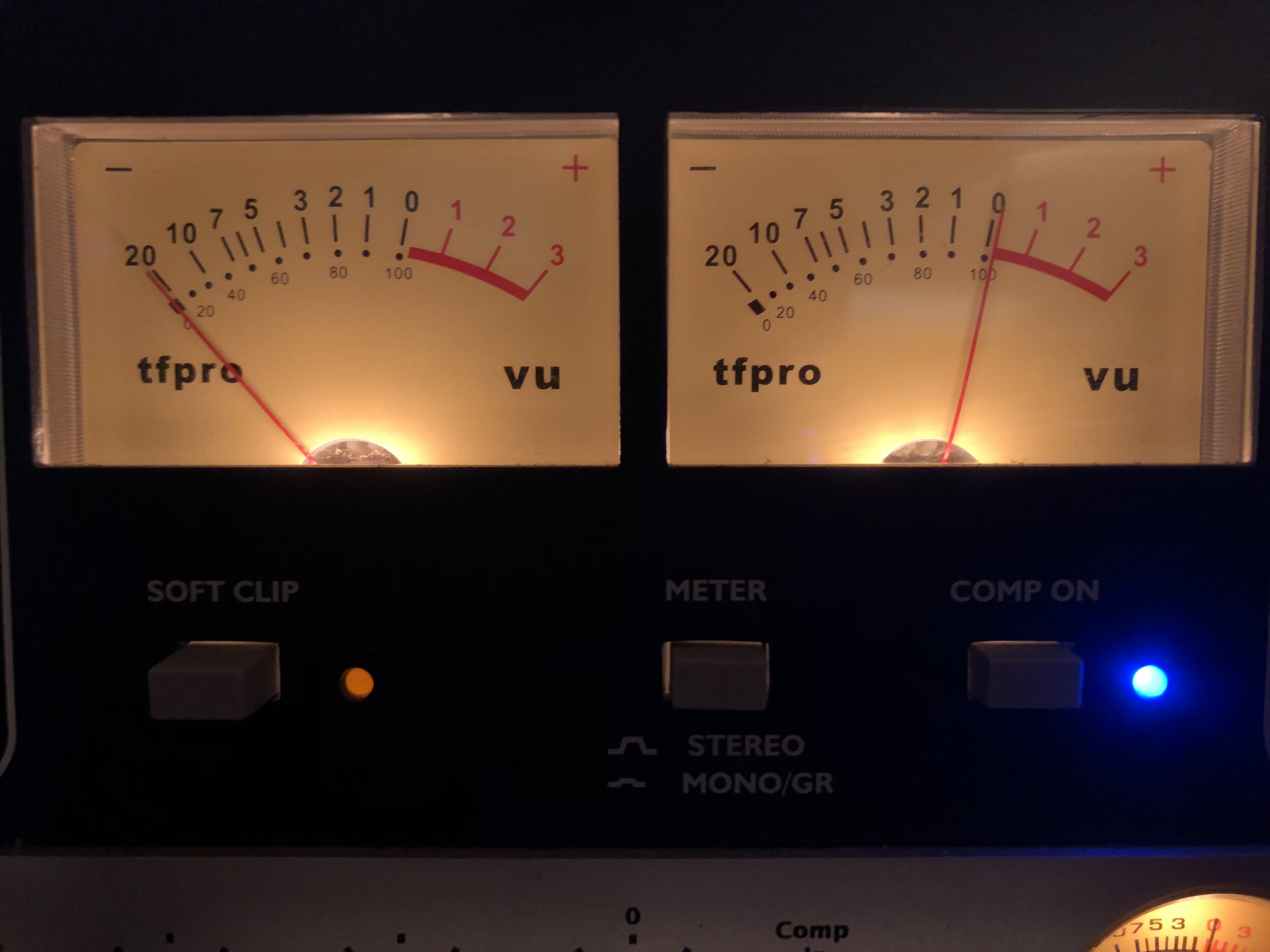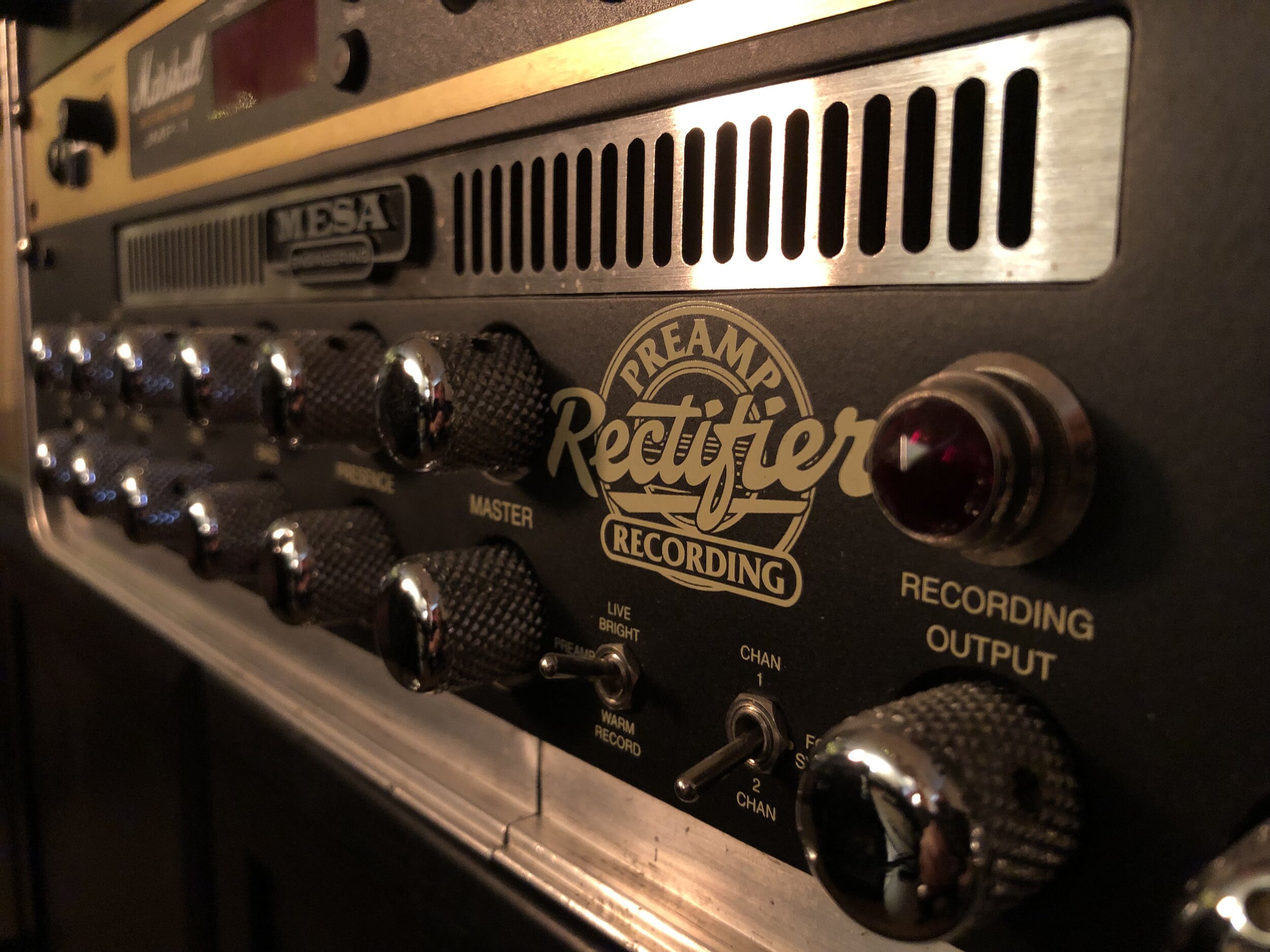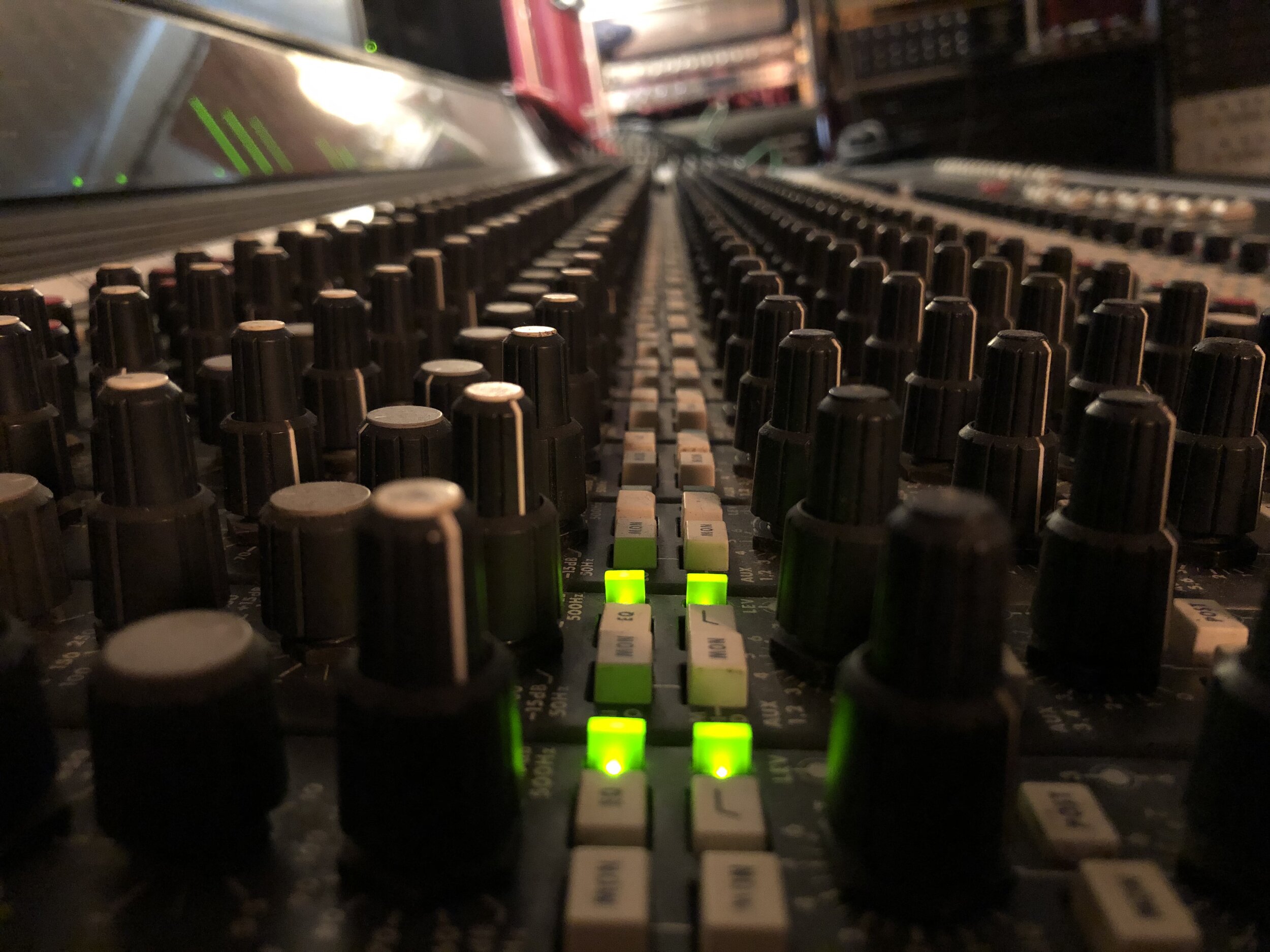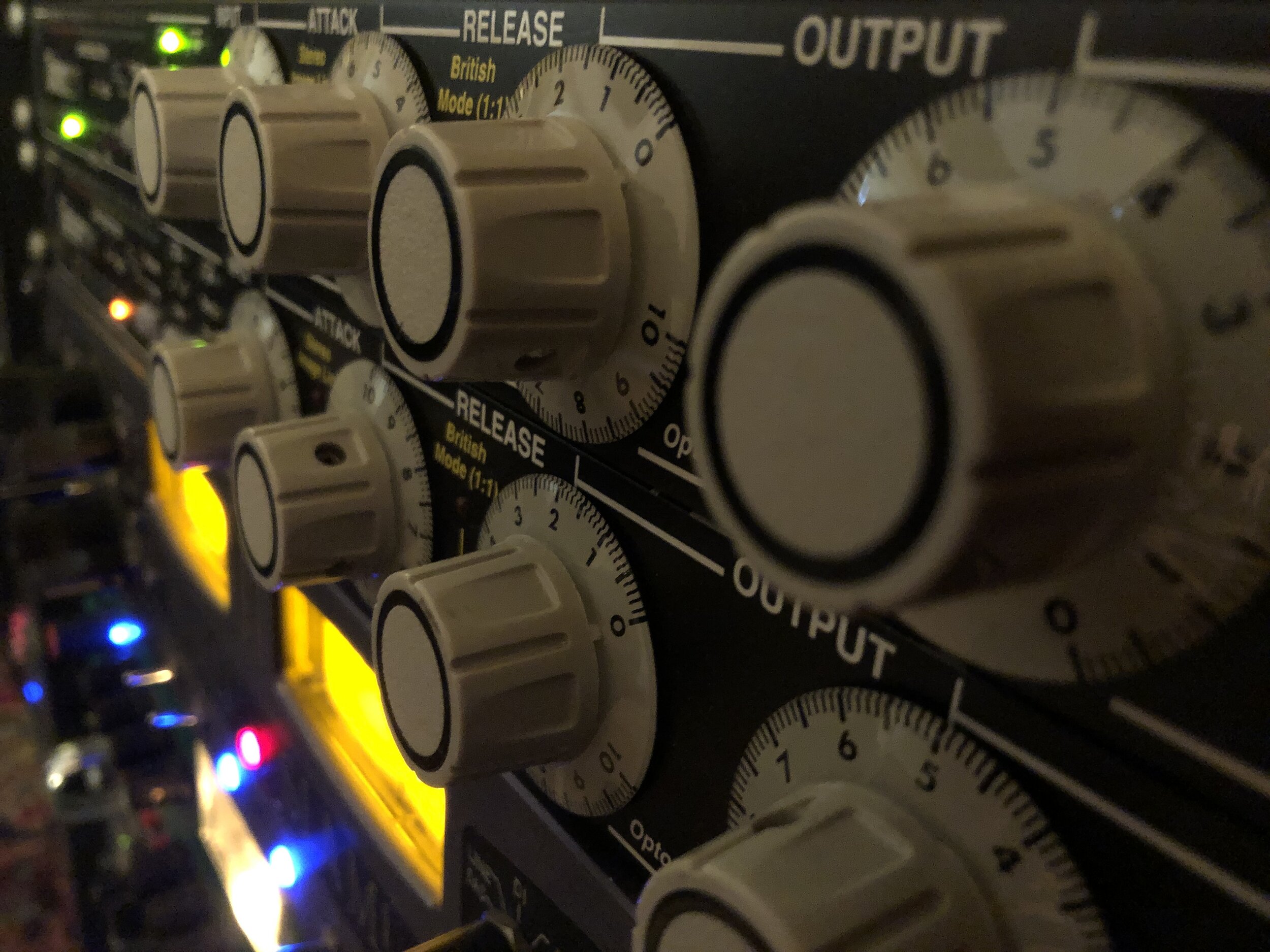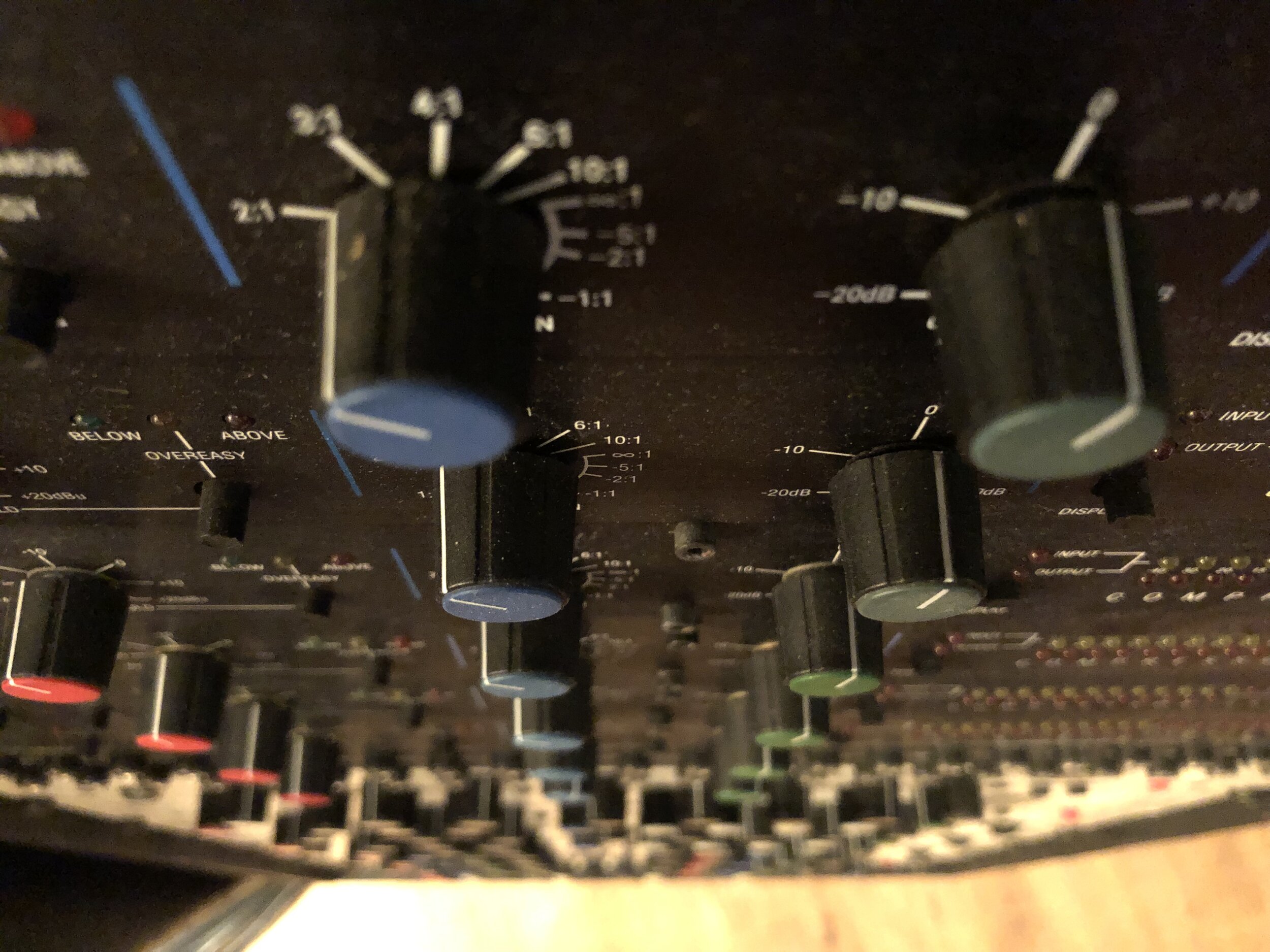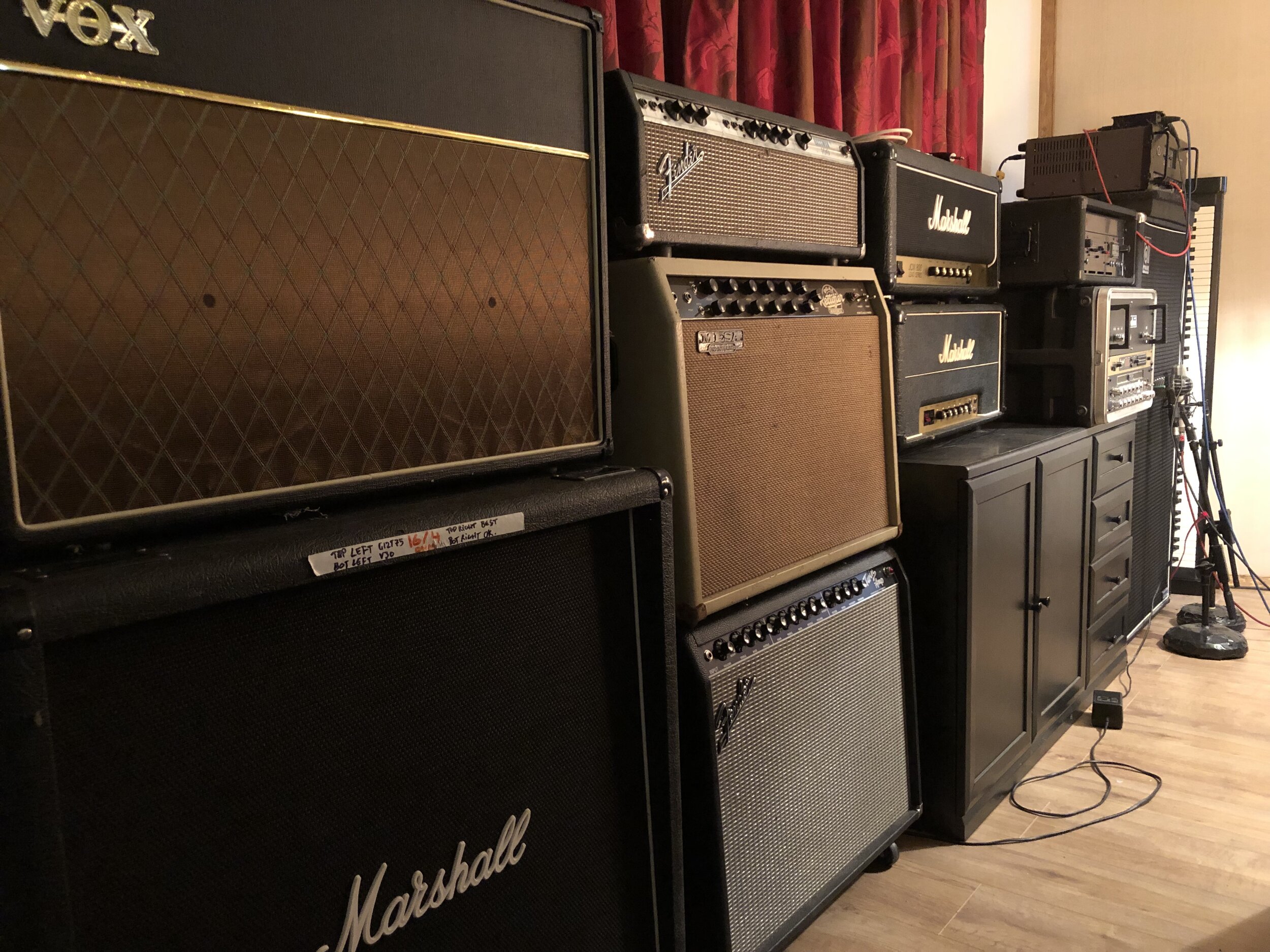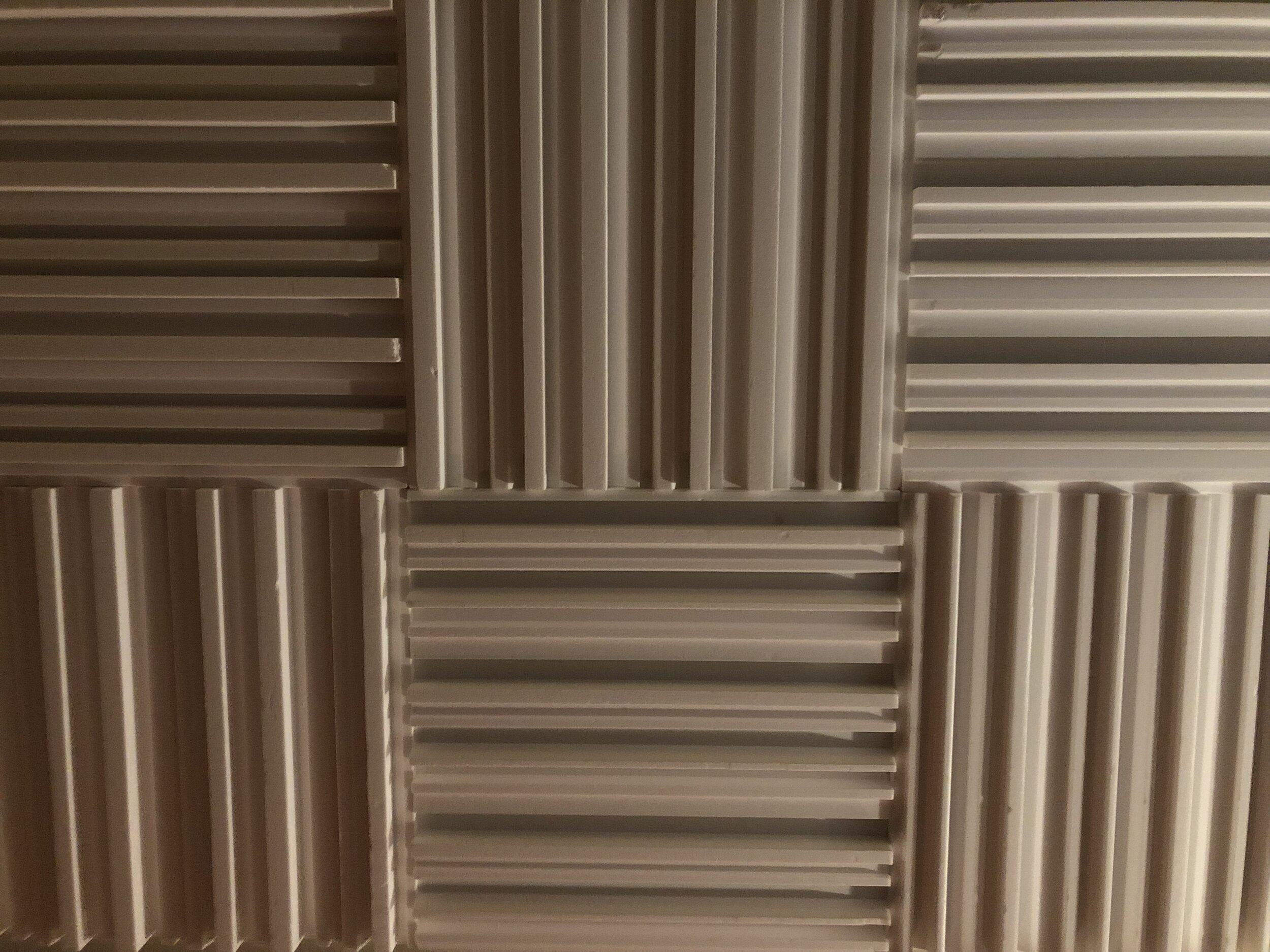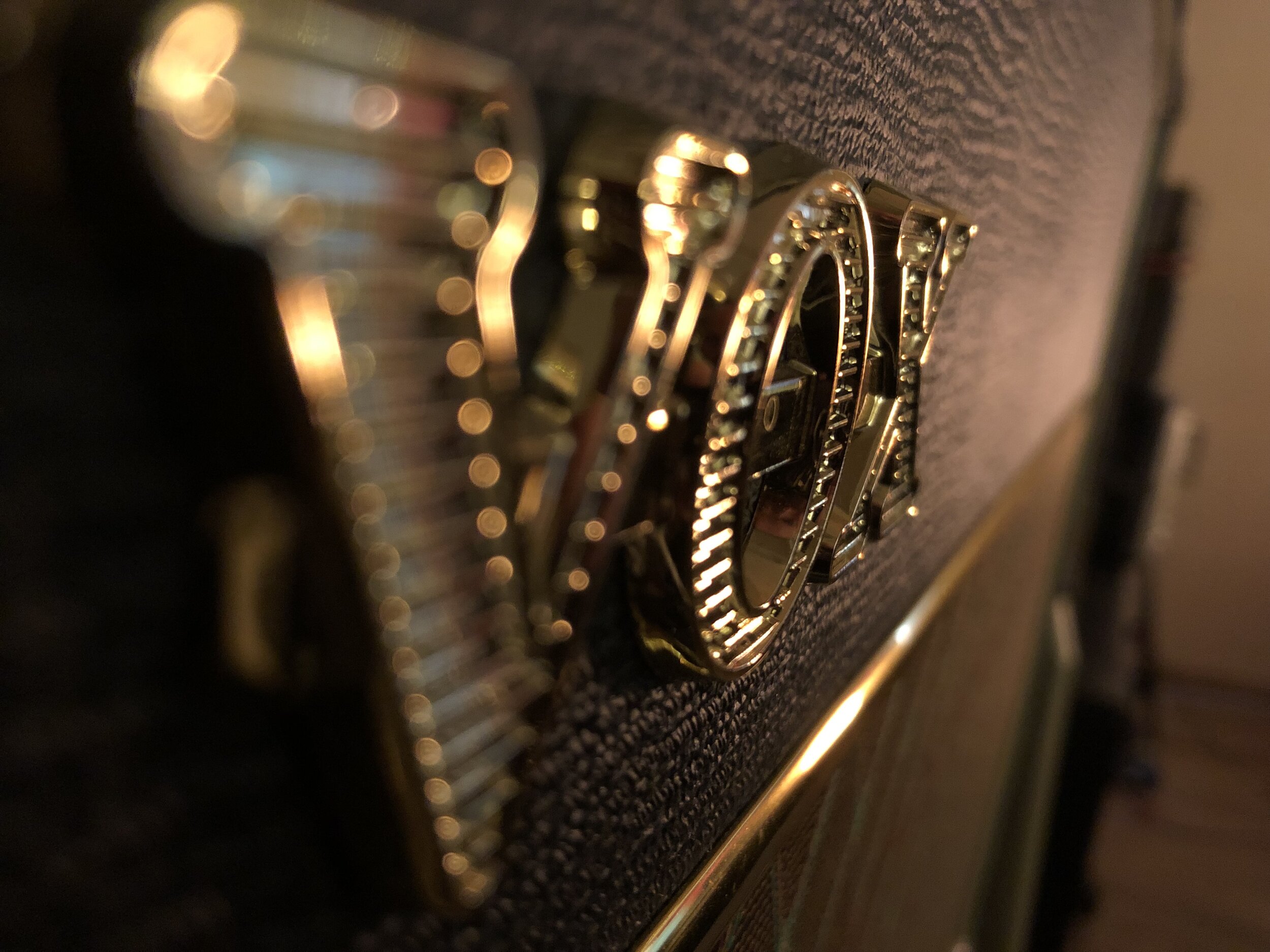how i quote
TLDR : I only quote once I have a copy of the mix stems
Any mix engineer who quotes before seeing the stems (or worse, before even hearing a rough mix) is not providing a custom service but offering a “conveyor belt” service which is unlikely to result in the best mix for your material.
If you’re sending the files off to be mixed by a professional you’ll need to prepare the Pro Tools session or export the mix stems anyway.
Loading a copy of the stems into my system will enable me to establish how much work will be required to get the mix to a standard that I’m happy with.
Options such as additional parts, co-production etc… can be discussed IF either party feels it necessary.
DOES THE PRICE INCLUDE MASTERING?
If I’m asked to include the mastering in my own quote I can do so but I’ll most likely build it into the price and send the files to MSB mastering as I highly recommend my brother’s MSB mastering and value his input. As you might expect, Darrell and I work very closely together and this collaborative approach hugely benefits the mix as well as the mastering.
If my clients already have another mastering engineer in mind I’m happy to discuss this and I won’t have a concern as long as the mastering engineer is a top professional.
FIXING
TLDR : appropriate editing & tuning are included
My aim is not to make MY work sound good but to make us ALL sound good. If I hear the need for editing or tuning, that’s included and it’s normal as part of the mixing service. I have a healthy approach to both these practices and (depending on style) usually know what is appropriate.
Re-Amping
While running commercial studios such as the legendary Westland Studios (2010 - 2018) and Komodo Studios (2000-2010) I amassed a decent collection of bass and guitar amps which I regularly use to improve the tones of my clients’ instruments. To my ears real amps still in 2019 sound better than Kempers etc… (also my amps are my babies).
Re-Amping can totally transform a recording, especially if the original tones were recorded with cheap amps and/or mic setups. Many guitar and bass tones aren’t set at the optimum drive level. Recordings with gain too high can be lacking in clarity and dynamics, while some are just too clean to have any real character.
Mixing
TLDR : Pro Tools + Analog outboard gear
I love Pro Tools because of the control it gives me in the mix but when it comes to effects like compressors and EQs I can STILL hear a depth in analog outboard that even the best plugins can’t capture. There’s another advantage too: just as a pianist prefers playing a grand piano to a keyboard, it’s simply more inspiring to use real equipment.
I mix from Pro Tools HD out onto my analog desk using my outboard. This is a technique and workflow that I perfected in my old studio Westland Studios, Dublin.
vocal Re-Recording
TLDR : There are several reasons why vocals could benefit from being re-recorded during the “mixing” process.
1 - strong accents in english
Many non-native english speakers (as well as some native english speakers!) can have issues communicating their lyrics effectively due to strong accents. A particular accent may be part of the character of a singer and can make them stand out and sound “exotic” (mostly male pop singers sounding exotic to women) but I have found over the years that more often than not a native English-speaking listener will not relate as well to a singer with a strong accent.
Thanks to my international education and background I am skilled in analysing the diction and pronunciation of english by people from across the world. Teaching the best way to pronounce English while singing (which tends to be an English/American accent) can take a bit of work but can make a substantial difference to the size of the market that an artist can connect with.
2 - Non - optimal performance
After 20 years of producing I have learnt how to engage with singers and make the recording process enjoyable and satisfying rather than nerve-racking and emotionally draining. The most important element in a mix is usually the vocal so capturing the very best possible performance is crucial.
3 - Poor Mic Technique
It always shocks me to see lyrics on a music stand to the side of a mic in a studio. I discovered years ago that placing the lyrics above and behind the mic is the best way to ensure that singers don’t turn their head away from the mic during a vocal take. This can cause dips in volume but also fairly major changes to the character and tone of the vocal being recorded. A tonally inconsistent vocal can sometimes be recovered in the mix with a combination of effects such as de-essers, EQs, compressors, transient shapers, multiband dynamics etc… but often this results in a mediocre sounding vocal rather than one that really jumps out of the music and emotionally grabs the listener’s attention.
4 - room —> mic —> vocal chain
I often find that the main problem is the sound of the room that the vocals were recorded in. A room that is too reverberant often colours the vocal with a brittle sound. Combine a bad sounding room with a singer who is too far from the mic and the problem increases exponentially.
Recording with no pop shield is usually not a disaster but it can be time consuming to fix the problem through editing or automation of EQ. I personally always use my customised pop shields (doubled up) which eliminates the problem entirely.
Can you get away with recording through a cheap mic? If you’re lucky yes. Can it produce awful results if the mic doesn’t match the voice? Absolutely. Harsh, sibilant, muffled or boomy vocals can be the result. No single microphone is best for every singer but having a selection of high quality mics into high quality preamps, effects and pro grade A/D converters is the best way to get that killer vocal tone that sounds larger than life.
It doesn’t happen too often thankfully but on occasion I encounter a vocal that has been too compressed during the tracking or before exporting of the stems. If in doubt please leave the vocals raw for me.
5 - Vocals recorded over loose backing
When tracking a new part over previously recorded parts the new performance can only be as accurate as the backing track. For example when a singer is singing along to a band whose timing is loose and unpredictable, the singer’s confidence will usually be compromised due to hesitation or at the very least due to having to concentrate more on listening rather than their own performance. Imagine also a backing singer attempting to harmonise over a main vocal that is out of tune.
Building the arrangement on shaky foundations can result in the need for a bit of re-building. Again, this can have a huge impact on the end result.
Arrangement suggestions
TLDR : I might make suggestions but it’s your music so it’s entirely your call…
If I have suggestions I will always provide two versions of the mix - one with my suggestion(s), one without. It is TOTALLY your call. I won’t be offended or lose sleep if you don’t want to keep it in. I also do not ask for royalties on these parts, though a mention in the credits alongside other all the other musicians is always appreciated.
Edits
Occasionally I’ll suggest edits. It could be cutting out a part somewhere, adding it somewhere else, cutting a section down, doubling the length of a section etc… If I believe in it strongly enough I’ll often send two versions of the rough mix: on with the edit and one without. If you don’t like my suggestion that is fine!
Extra Parts
While working on a mix I sometimes feel that something is missing. It may be rhythmical, may be spatial, may be musical. If it’s a major part I will likely suggest you create it yourself and send it to me. If I hear it in my head and it’s a minor part (such as percussion, a pad etc…) I will often add it as a suggestion.
Occasionally I’ll even add some background strings, keys or a guitar part, but I’ll discuss this with you beforehand.
PRODUCTION IDEAS
Depending on the musical genre and expectations of the client the mix engineer’s effects could form a major part of the final sound. It’s pretty normal for a modern day mix engineer to add delays and distortions but occasionally I can get pretty creative with effects, especially on vocals and guitars.
Note On Mix Credits
Physical releases:
A “mixed by alwynthemixengineer.com” credit is perfect for the mixing
“additional strings/percussion/guitar by Alwyn Walker” for additional parts if kept
Online (Youtube etc…)
A hyperlink in the credit to www.alwynthemixengineer.com would be really appreciated.
Like this: Mixed by Alwyn Walker
“additional strings/percussion/guitar by Alwyn Walker” for additional parts if kept
Don’t forget to credit everyone else, I’m sure they’ll appreciate it as much as me!
Alwyn

